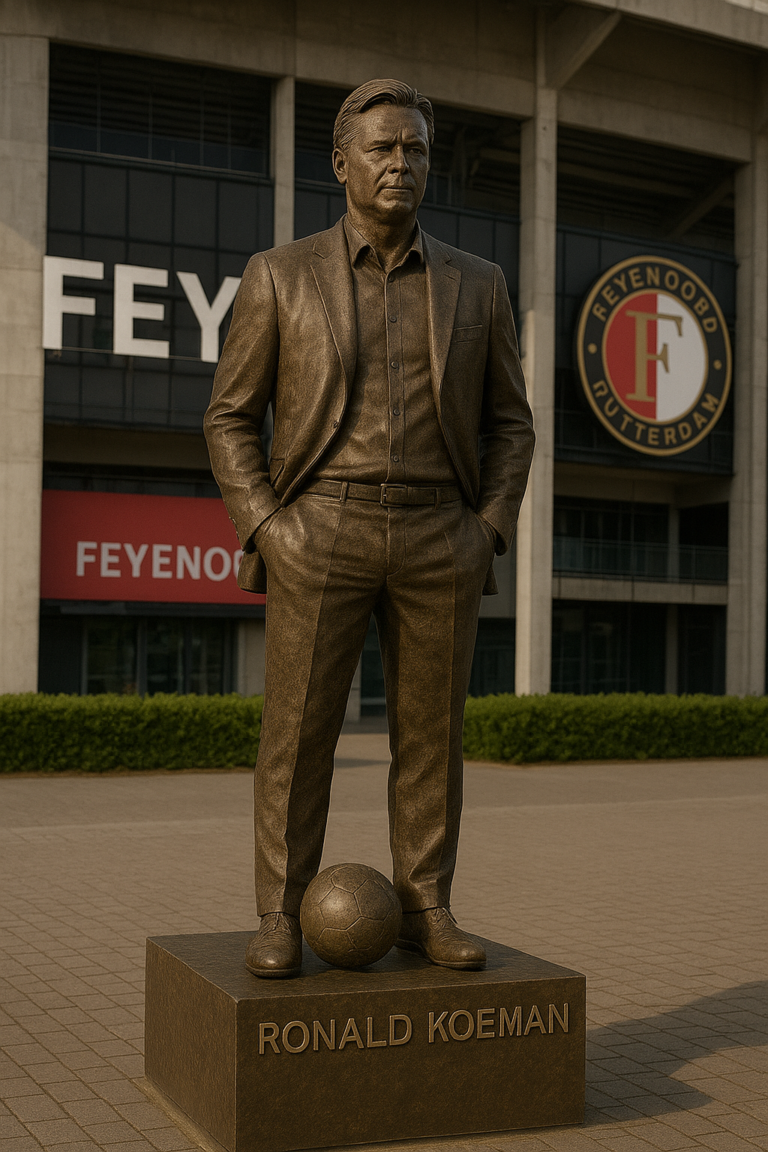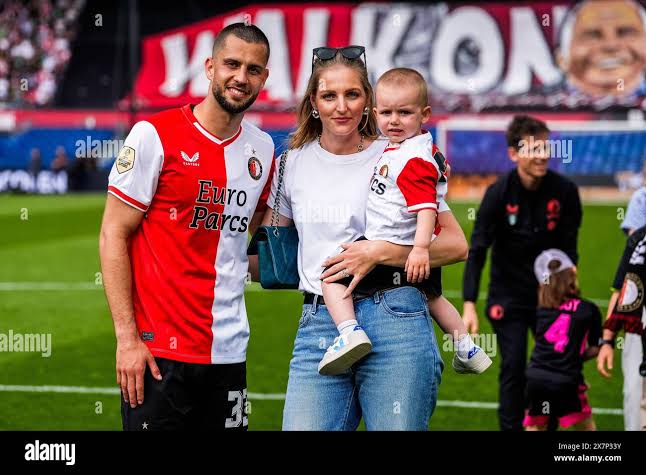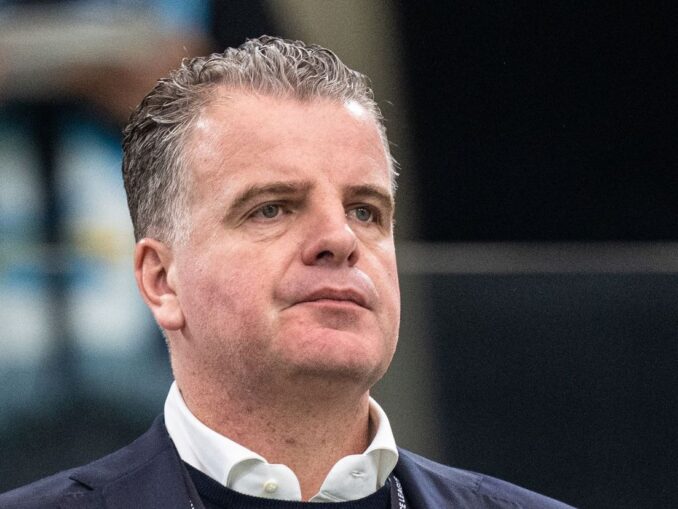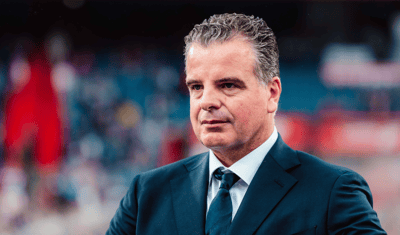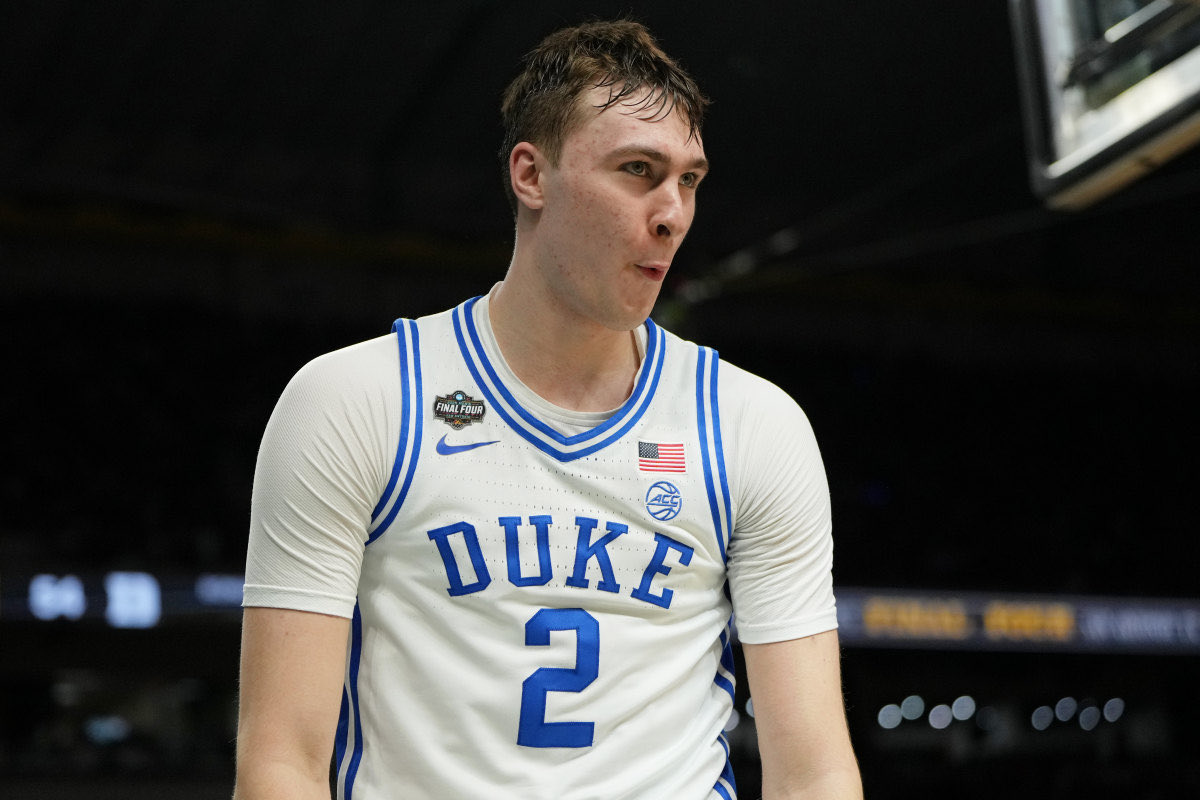
In a season marked by soaring expectations and unprecedented attention, Duke basketball phenom Cooper Flagg has not only delivered on the court—he’s also rewritten the playbook on how college athletes can capitalize off Name, Image, and Likeness (NIL) opportunities. According to a recent conversation hosted by the 92nd Street Y, a cultural institution in New York City known for its thought-provoking programming, Flagg earned an astounding $28 million through NIL deals during his freshman year at Duke.
The sheer scale of that figure has sent shockwaves through the college sports landscape, underscoring the rapidly evolving economics of amateur athletics in the NIL era. For perspective, Flagg’s earnings surpass the base salary of most NBA rookies and rival what some All-Stars bring in through endorsements. It’s a number that reflects not just his talent and marketability, but also the new realities of college sports in 2025.
Flagg, a 6-foot-9 forward from Newport, Maine, arrived at Duke with more hype than any Blue Devil since Zion Williamson. A consensus five-star recruit and the No. 1 overall player in the 2024 class, Flagg was viewed not only as a franchise-changing college player but as a generational prospect destined for NBA superstardom. From the moment he committed to Duke, interest from sponsors, brands, and media partners surged.
His NIL deals were reportedly spread across a broad spectrum of industries—sportswear, beverage companies, financial services, gaming, and lifestyle brands. While neither Flagg nor Duke has officially confirmed the breakdown, sources close to the situation have suggested that his most lucrative deals included a seven-figure contract with a global athletic apparel brand, equity-based agreements with emerging tech startups, and exclusive content deals tied to streaming platforms.
What separates Flagg from many of his peers in the NIL landscape is not just his earning power, but the strategic sophistication behind his brand. Rather than opting for a scattershot approach to endorsements, his team—led by a blend of agents, legal counsel, and marketing professionals—curated a tight portfolio of partnerships that aligned with his personal values and long-term vision. According to those familiar with his camp, Flagg turned down multiple multimillion-dollar offers in order to protect his image and avoid overexposure.
This discipline extended to his public appearances



